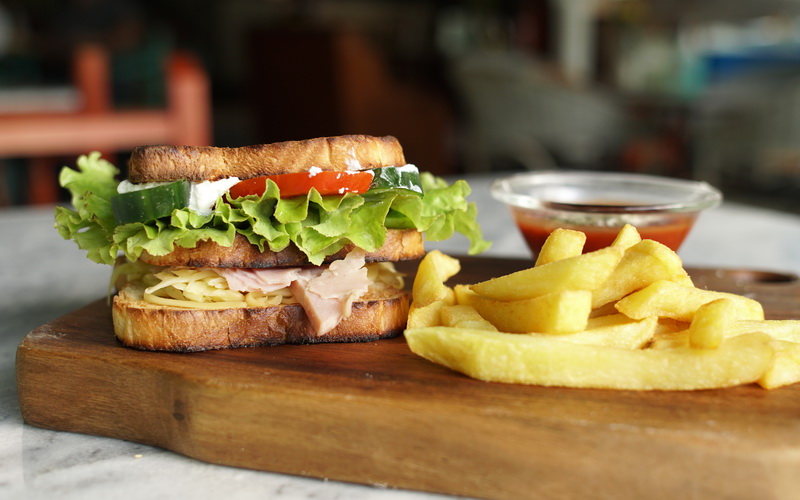HMRC should standardise gift tax law to apply equally to all taxpayers
Gifts to politicians should be taxed
HMRC should standardise the tax law on gifts so it applies equally to all taxpayers and industries, including politicians.
Robert Salter, Director said:
Senior politicians, or their spouses, regardless of their party, appear to have been able to receive gifts from donors and political allies on a tax-free basis.
Some of the gifts given to politicians have been very significant and arguably have job-related elements to them. For example, gifts which were officially given to support an individual in her capacity as Deputy Leader of the Labour Party or other gifts which appear designed to help promote a particular brand or company.
HMRC argues that the gifts given to media personalities or social influencers, which appear to be very similar in many cases to the gifts received by politicians, are liable to income tax and in some cases also National Insurance Contributions.
Robert added:
However, gifts have been made to politicians for many years and HMRC has never argued that the gifts are taxable. While the current law is complicated, neither the donors or recipients are doing anything wrong legally if these gifts are not declared as taxable income.
Regardless, HMRC should consider treating the gifts which are provided to politicians in the same manner as other taxpayer gifts to ensure that the wider rules are as clear, simple and consistent as possible in this regard. The current rules on whether a gift is taxable or not are very complex, very ‘factor specific’ and require detailed analysis on a case-by-case basis. This is the case when dealing with social media influencers or politicians.
It is correct that genuine gifts from friends or family are not something which triggers any income tax liability for the beneficiary or the donor. There is also no ‘value restriction’ from an income tax perspective and the courts have in the past ruled that six and seven figure gifts can be genuine gifts from a tax perspective. In addition, small gifts from employers can (if under £50), also typically be paid to employees on a tax-free basis under specific rules. However, simply calling something a ‘gift’ and the absence of a formal employment contract with the other party, doesn’t make it tax-free. If a gift is taxable, it is taxable whether a direct cash payment or some type of ‘payment-in-kind (e.g. clothing or housing).”
The case law which does exist in this area, indicates that gifts can if related to one’s vocation, and politicians would presumably be a vocation for these purposes, can be regarded as taxable earnings. As can gifts linked to being ‘in business on one’s own right. Effective tax law needs to be simple and consistent, if it is to be applied correctly in all cases. Rather than taking a different approach in different industries, HMRC should introduce updated, clear and standardised rules on the taxation of gifts.”
Although If HMRC did change the tax rules on gifts, a sensible de-minimis threshold (say gifts in a tax year over £1,000) should be added so that people are not caught up into self-assessment over small everyday gifts.
Would you like to know more?
If you would like to discuss any of the above, please speak to your usual Blick Rothenberg contact or Robert Salter using the form below.
Contact Robert

You may also be interested in

All Major Parties Tax Manifestos could lead to nasty shock for taxpayers

Allowing staff to have a Christmas Workation













